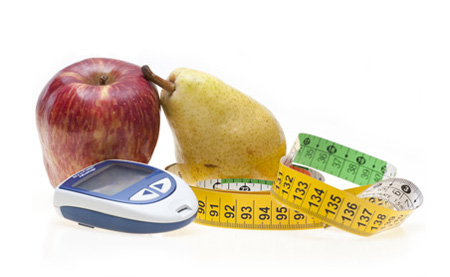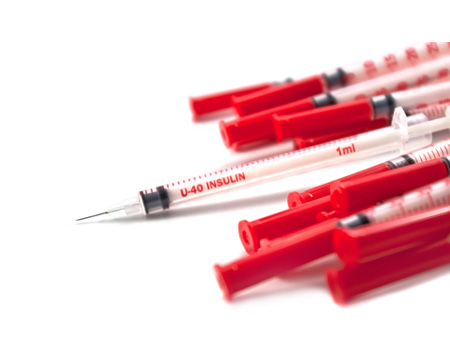Type 1 Diabetes
 What is Type 1 Diabetes?
What is Type 1 Diabetes?
Type 1 diabetes (T1D) is an autoimmune disease in which the body’s immune system attacks and destroys the insulin-producing cells of the pancreas. A person who has T1D can’t make insulin. Without insulin, sugar builds up in the blood and can damage internal organs, the nervous system and blood vessels. Type 1 diabetes strikes both children and adults at any age. It comes on suddenly, causes dependence on injected or pumped insulin for life, and carries the constant threat of devastating complications.
What causes Type 1 Diabetes?
While the causes of T1D are not yet entirely understood, scientists believe that both genetic factors and environmental triggers are involved. Its onset has nothing to do with diet or lifestyle. There is nothing you can do to prevent T1D, and, at present, nothing you can do to get rid of it. New cases of T1D worldwide are growing at a near epidemic rate, having actually doubled every 20 years over the past 60 years.
What is it like to live with Type 1 Diabetes?
Living with Type 1 Diabetes is a constant challenge. People with the disease must carefully balance insulin doses (either by injections multiple times a day or continuous infusion through a pump) with eating and daily activities throughout the day and night. They must also test their blood sugar by pricking their fingers for blood six or more times a day. Despite this constant attention, people with T1D still run the risk of dangerous high or low blood sugar levels, both of which can be life-threatening. People with T1D must face these challenges every minute, every hour, every day of their life.
Does insulin cure type 1 diabetes?
The only current “cure” for type 1 diabetes is the transplantation of a healthy, functioning pancreas. While insulin allows a person with T1D to stay alive, it does NOT cure the disease, nor does it prevent the possibility of the disease’s serious effects, which may include: kidney failure, blindness, nerve damage, amputations, heart attack, stroke, and pregnancy complications.
 What are the warning signs?
What are the warning signs?
- Extreme thirst
- Frequent urination
- Drowsiness or lethargy
- Increased appetite
- Sudden weight loss
- Sudden vision changes
- Sugar in the urine
- Fruity odor on the breath
- Heavy or labored breathing
- Stupor or unconsciousness
*Data and information provided by jdrf.org website




